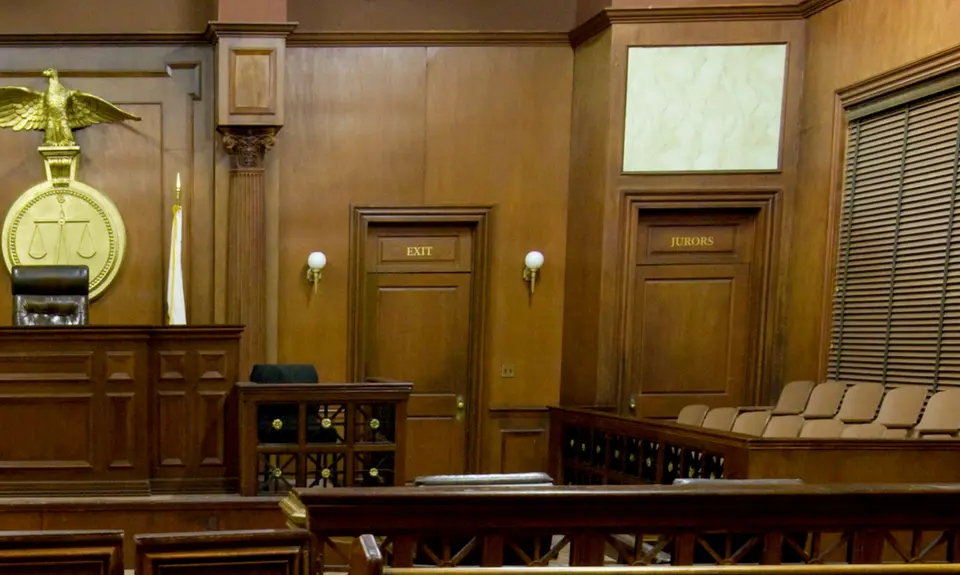“Confirmed Judges, Confirmed Fears” is a blog series documenting the harmful impact of President Trump’s judges on Americans’ rights and liberties. Cases in the series can be found by issue and by judge at this link.
Trump Sixth Circuit judges Eric Murphy and Chad Readler refused to grant a new trial to a person who contended he was prejudiced by the admission of testimony that he had allegedly threatened to go on a rampage against a jury like the one that was hearing his case. The July 2020 decision was Stewart v. Winn.
Douglas Harrie Stewart was convicted by a Michigan jury of murdering his estranged wife Venus, allegedly because he believed she was harming their children. In the course of his testimony at the trial, one witness stated that Stewart threatened that he would go on a “rampage” and “go after her family and the lawyers and prosecutors and jury.” Stewart moved for a new trial because he contended the testimony was irrelevant but highly inflammatory and prejudicial. His motion was denied and the conviction was affirmed in state court, and a federal trial court also denied post-conviction relief. The case then went to the Sixth Circuit.
In a 2-1 opinion by Trump judge Murphy joined by Readler, the court affirmed the conviction and again denied a new trial. Murphy maintained that Stewart failed to demonstrate that the state court decision was “contrary to or an unreasonable application of clearly established Supreme Court precedent” as required by the federal law concerning post-conviction relief. Murphy stated that Stewart’s claim failed because he could not identify any particular “Supreme Court holding barring the ‘specific kind of evidence’ he challenges – his out-of-court statements that allegedly inflamed the jury.”
Judge Jane Stranch strongly dissented. She explained that Murphy and Readler were wrong as a matter of law in demanding a previous Court decision concerning the “specific kind” of evidence being challenged, so long as precedent establishes a “generalized standard” that can be applied to a “myriad of factual contexts” as in Stewart’s case.
Stranch further explained that the Supreme Court had recognized such a “generalized rule” that applied in Stewart’s case – that when evidence is introduced that “is so unduly prejudicial that it renders the trial fundamentally unfair,” the Constitution’s Due Process clause dictates a remedy like a new trial. She thoroughly discussed Supreme Court case law applying the rule.
The “irrelevant and threatening jury-rampage testimony” in Stewart’s case, Stranch went on, warranted such a remedy. The testimony clearly suggested, Stranch continued, that Stewart would “go on a rampage” against a jury and others based on his concern that Venus was harming his children. The fact that Stewart’s alleged threats were made before a jury was empaneled did not “mitigate the intimidating nature of the testimony that Stewart’s threats included a plan to keep going after a list of people, including the jury.” On the contrary, Stranch noted, the testimony that Stewart would “illogically go on a rampage against individuals not responsible in any way for harming his children could lead a reasonable juror to conclude that Stewart was unhinged” and that Stewart “could also be a threat to the empaneled jury—a jury that he might have a genuine motive to harm.”
Stranch concluded that because the record testimony showed that “a reasonable juror could feel threatened by irrelevant testimony that the defendant planned to go on a rampage and go after a jury,” raising serious concerns as to whether the jury reached its verdict based in part on that threat, Stewart should receive a new trial. But because Murphy and Stranch improperly demanded that his lawyers identify a Supreme Court case barring that “specific kind of evidence,” no such relief will be available to him.
